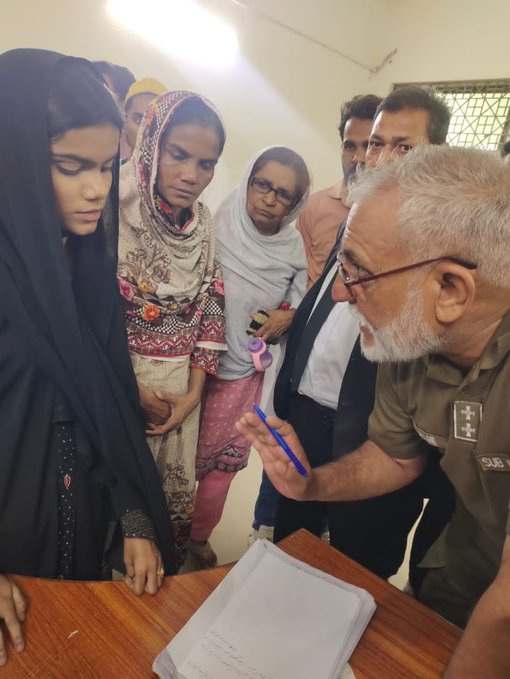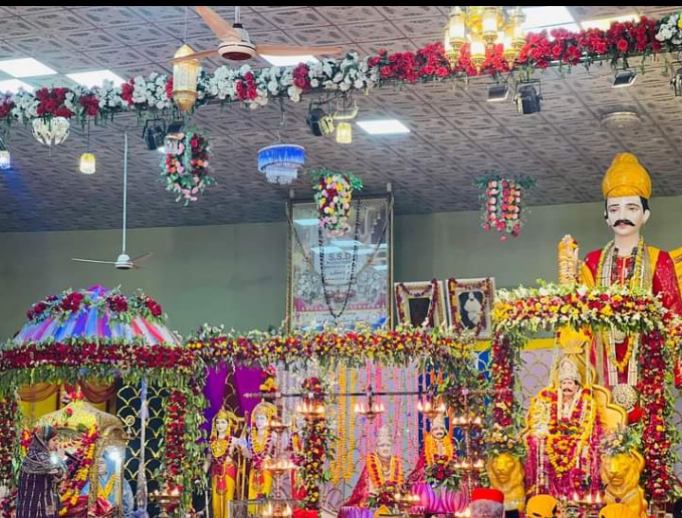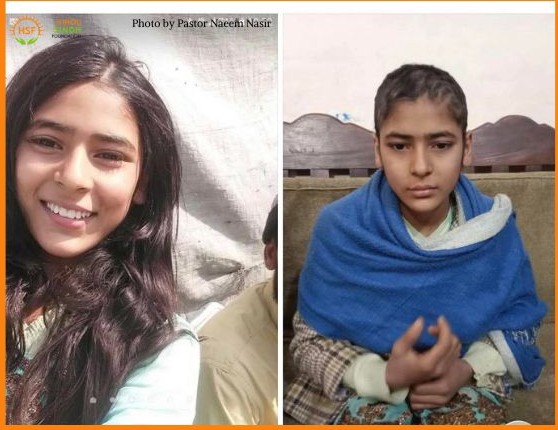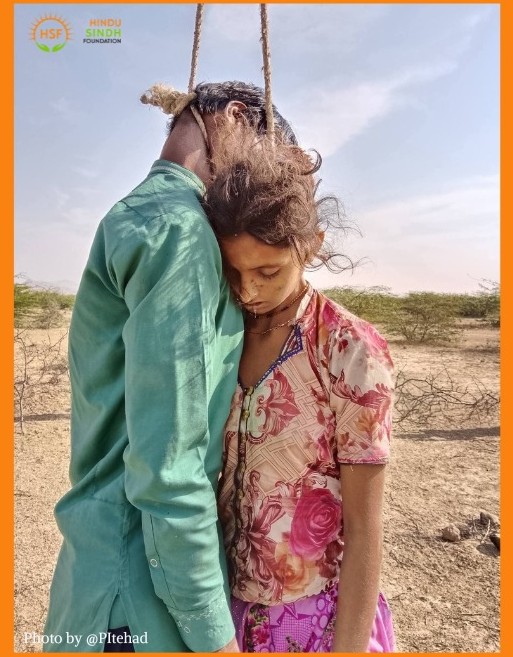The recent case of Jessica Iqbal in Punjab, Pakistan, has once again brought to light the alarming issue of forced conversions and marriages. Despite Jessica’s inability to recite the Kalima or answer basic questions about Islam—clear signs of a forced conversion—a judge granted custody to her alleged abductor, highlighting the dire plight of religious minorities in the country.
A Widespread Crisis
From 2021 to 2022, the Centre for Social Justice reported 202 incidents of forced conversions, predominantly affecting Christians and Hindus. Sadly, many of these victims are minors.
The Failed Legal Framework
While Pakistan’s constitution claims to protect minority rights, the reality is grim. Courts often misuse religious interpretations to justify keeping victims with their abductors, and police dismiss abduction cases as mere “love marriages.” A proposed bill to prevent forced conversions was even rejected in 2020.
International Concern
Global organizations, including the UN and various human rights groups, have raised alarms about the rising number of abductions and forced conversions of girls as young as 13.
The Path Forward
Experts urge for urgent reforms:
- Legislative Action: Enact laws banning forced conversions with strict penalties.
- Law Enforcement Training: Equip police and judges to handle these sensitive cases appropriately.
- Community Engagement: Involve religious leaders in addressing cultural issues.
- Victim Support: Establish support systems for victims, including legal and counseling services.
The case of Jessica Iqbal is not isolated; it reflects a systemic issue. Approximately 1,000 girls from minority groups are forcibly converted each year in Pakistan.This crisis demands immediate action from the government and civil society. The international community must hold Pakistan accountable for protecting its most vulnerable citizens. The question remains:
When will this madness of forced conversions end? Change is possible if we collectively advocate for the fundamental human rights of all individuals, regardless of faith.
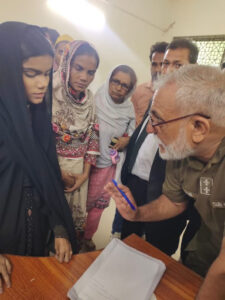
For more updates and detailed coverage of this case and other issues affecting the Hindu and Sindhi communities in Sindh, Pakistan, stay tuned to Sindh Renaissance.



